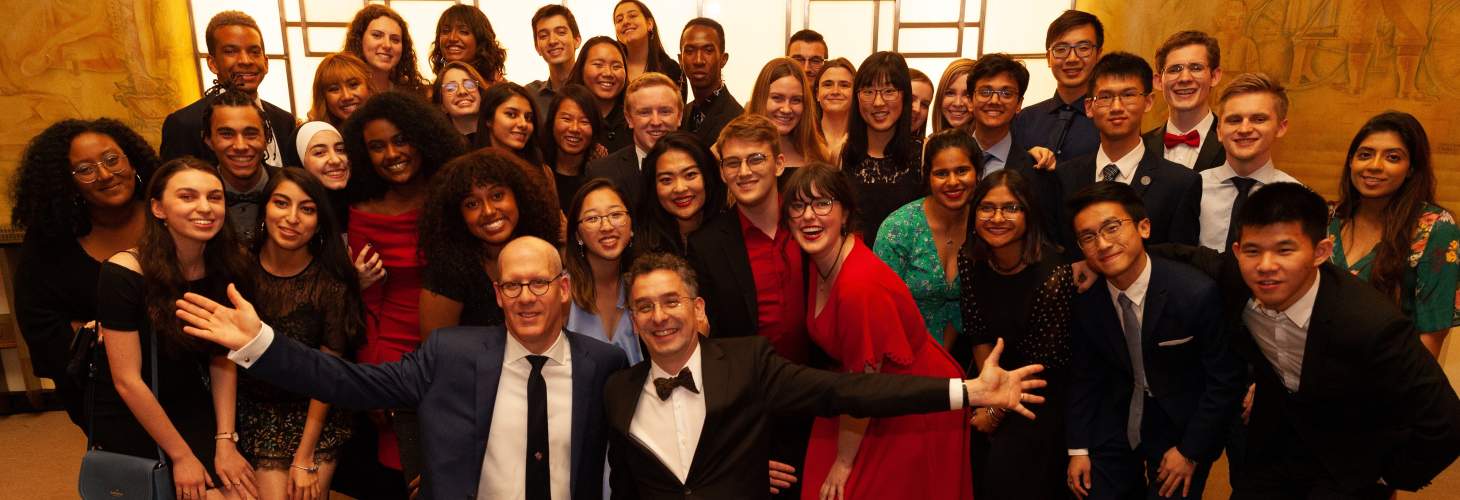
Alumni of Influence
University College Alumni of Influence Award
The University College Alumni of Influence Award recognizes our diverse alumni and the exceptional ways in which they impact the College, the University of Toronto and our communities.
2013
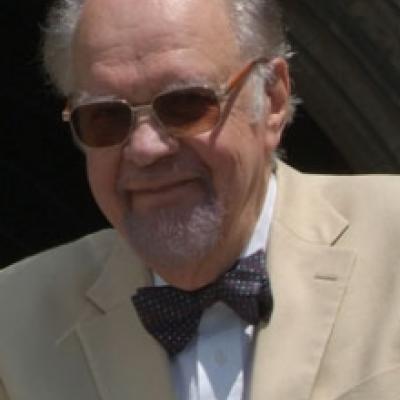
Experimental psychologist and cognitive neuroscientist Endel Tulving has fundamentally shaped our understanding of human memory. He introduced the concept of episodic memory, which has provided insight into neurological disorders such as strokes and Alzheimer’s disease, and his theories have provided the foundation for the field of memory research.
Tulving left his native Estonia during WWII and came to Canada, eventually enrolling in psychology at U of T, where he spent his career. Now a Professor Emeritus at U of T, he has influenced generations of psychologists and neuroscientists throughout his prolific career. His publications are highly cited, and he has been elected to seven distinguished science societies: the Royal Society of Canada; the Royal Swedish Academy of Sciences; the Royal Society of London; the American Academy of Arts and Sciences; the National Academy of Sciences, U.S.; Academia Europaea; and the Estonian Academy of Sciences.
He has received numerous honours, including the prestigious Gairdner Award, Canada’s leading prize in biology; the Distinguished Scientific Contribution Award of the American Psychological Association; and the Gold Medal Award for Life Achievement in Psychological Science from the American Psychological Foundation, among other accolades. In 2006, he was named an Officer of the Order of Canada and in 2007, he was inducted into the Canadian Medical Hall of Fame.
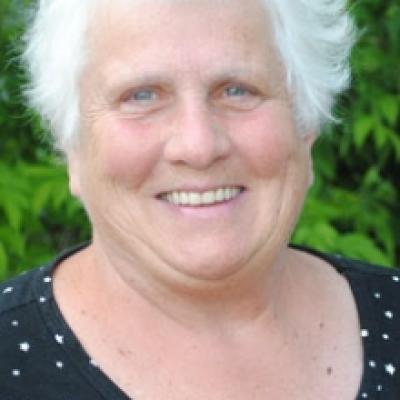
An advocate for rural and Aboriginal communities, Florence Woolner has dedicated her life to improving the quality of life and opportunities for residents of remote communities. Upon graduating from UC, she settled in northwestern Ontario, where she continues to play an integral role in community and economic development through her signature approach involving training, mentoring and capacity-building.
Her volunteerism has spanned four decades and includes invaluable contributions to anti-racism, organizational and international development, health, education, arts and governance. Among her many accomplishments, she spearheaded the creation of a network of radio stations serving isolated communities, linking them to mainstream Canada and each other; helped establish a regional Children’s Aid Society office; and provided invaluable mentoring and support to Aboriginal leaders and hundreds of community members. Her impact has been local, regional, national and individual, and she has radically improved lives in Canada’s most distant and marginalized communities.
Woolner is also a founding member of the Sioux Lookout Creative Arts Circle, a not-for-profit group that promotes artists in northwestern Ontario and all forms of creative expression by providing opportunities for performance, exhibition, instruction and promotion related to the arts.
2012

Eminent historian Irving Abella is an expert on the Canadian labour movement and the history of Jews in Canada. The former chair of Vision TV and president of the Canadian Jewish Congress and the Canadian Historical Association, he is currently the Shiff Professor of Canadian Jewish History at York University. Abella has been recognized with the Guggenheim Memorial Fellowship, the National Jewish Book Award, and the Queen’s Jubilee Medal, among many other honours. He is married to Supreme Court Justice Rosalie Silberman Abella. The couple met at UC and they have two sons, both lawyers.
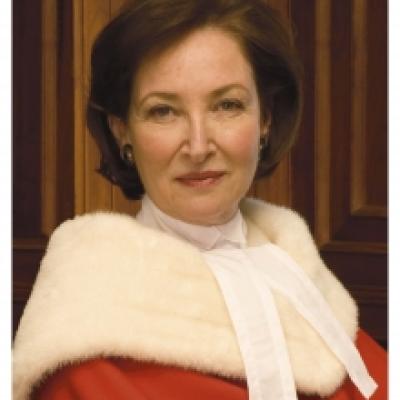
Supreme Court Justice Rosalie Silberman Abella studied arts and law at U of T. She practiced civil and family law until the age of 29 when she was appointed to the Ontario Court of Justice, becoming both the youngest and first pregnant judge in Canadian history. She was elevated to the Ontario Court of Appeal and in 2004, she became the first Jewish woman to sit on the Supreme Court of Canada. One of the nation’s foremost experts on human rights law, Abella sat on the Ontario Human Rights Commission for five years and was awarded the International Justice Prize from the Peter Gruber Foundation, among many other honours. She currently holds more than 30 honorary doctorates. She is married to historian Irving Abella (BA 1963 UC), whom she met while at U of T.
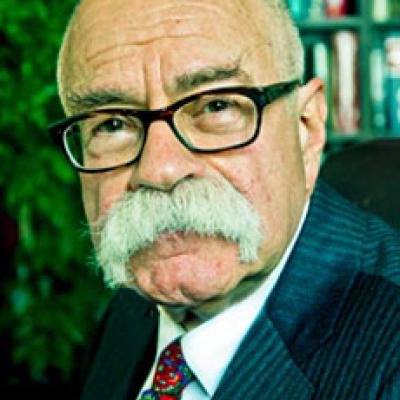
Barrister and solicitor Philip Anisman, a sole practitioner and authority on Canadian securities law, was a professor at York, Western and Monash universities and director of corporate research at Consumer and Corporate Affairs Canada. He is the author of books, articles and reports to governments on corporate, securities, constitutional and administrative law, and has advised securities regulatory organizations in Canada and internationally. He has appeared before all levels of courts in Canada. Having taken undergraduate courses with the outstanding teacher, Professor F.E.L. Priestley, he led efforts that established the annual F.E.L. Priestley Memorial Lectures in the History of Ideas at UC.

Scholar Harry Arthurs is an expert in legal history and theory, labour law, globalization and constitutionalism. A former dean of Osgoode Hall and president of York University, Arthurs has served as an arbitrator and has been called upon by governments to advise on a wide range of legal issues. He is the recipient of the prestigious Killam Prize for lifetime contribution to the social sciences, and the Bora Laskin Prize for his contributions to labour law.
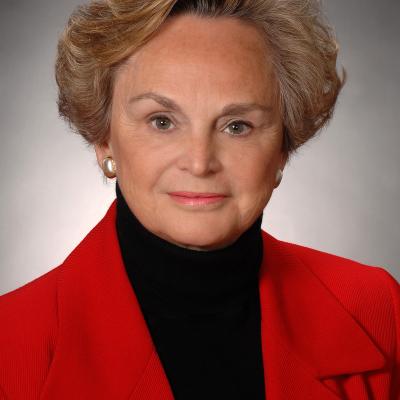
Corporate leader Diane Bean is the executive vice-president of Manulife Financial. She has also held leadership positions with several educational, health-care and arts organizations. As a member of the Toronto Regional Immigration Employment Council, Bean spearheaded Canada’s first internship program for internationally qualified professionals. For four consecutive years, she was named by the Women's Executive Network as one of Canada’s Most Powerful Women: Top 100.
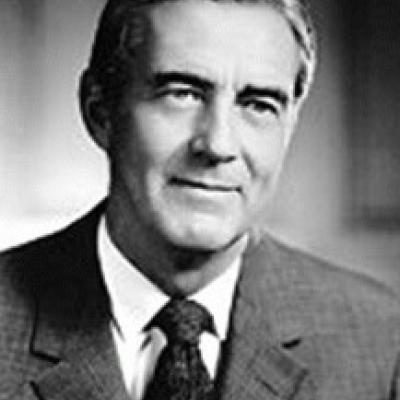
Innovative heart surgeon William Gordon Bigelow was instrumental in the development of open-heart surgery and the cardiac pacemaker. As a captain in the Royal Canadian Army Medical Corps during the Second World War, he performed transfusions and surgeries in the field. In the laboratory, he was a pioneer in the use of hypothermia to make open-heart surgery safer. Bigelow also discovered that stimulating a heart stopped with an electrical probe would resume its beating, paving the way for the pacemaker. He was a recipient of the Gairdner Award for Medical Science and a member of the Canadian Medical Hall of Fame.
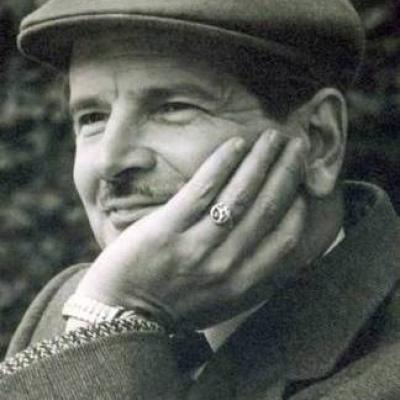
Scholar and higher education leader Claude Bissell was the eighth president of the University of Toronto and a former dean of men at UC. The academic environment created under his leadership attracted luminary thinkers such as Northrop Frye, Marshall McLuhan and John Polanyi, among others. With deftness and passion, he led the University through important reforms and a period of unprecedented growth. His contributions to U of T are honoured in the namesake Claude T. Bissell Building at Robarts Library and Bissell House at University College.
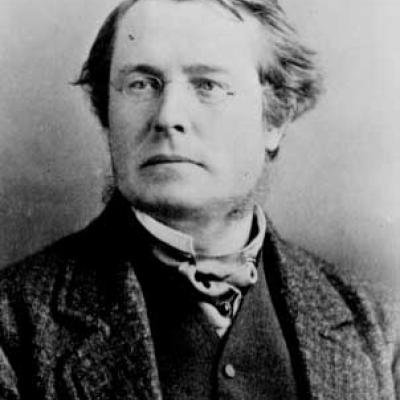
Politician and lawyer Edward Blake was the second premier of Ontario and, later, the leader of Liberal Party of Canada. Recruited into politics by George Brown, he won the 1871 provincial election, establishing a Liberal dynasty that ruled Ontario for more than 30 years. He later became leader of the federal Liberal Party, and eventually resigned to sit in the British House of Commons as an Irish Nationalist Member of Parliament. Upon his retirement, Blake returned to Canada to serve the University of Toronto as senator and chancellor.
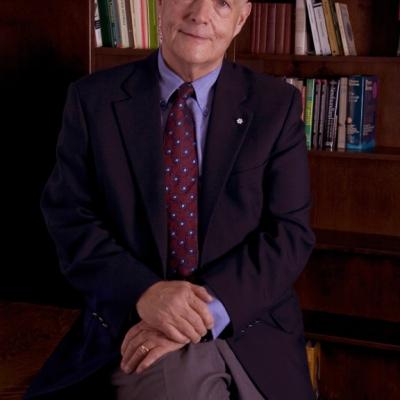
Leading public intellectual and historian Michael Bliss provides insight into the politics and events that shape Canadian life. He is the award-winning author of 14 books on business, politics and medicine for both scholarly and popular audiences. He retired from U of T’s Department of History in 2006 after a 38-year career. During his tenure, he earned the elite rank of University Professor, an honour conferred upon less than two per cent of tenured faculty.
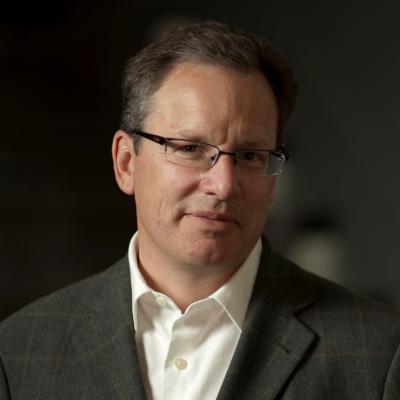
Investment magnate Mark Bonham cut his teeth at UC and the London School of Economics. The founder of BPI Mutual Funds and Strategic Value Corporation, he is an expert in analyzing the equities of individual companies. He is also an avid supporter of Casey House, the Inside-Out Film Festival and the University of Toronto. In 2006, he endowed the Mark S. Bonham Centre for Sexual Diversity Studies at University College, a hub for leading-edge teaching, research and advocacy in sexuality. He is a recipient of U of T’s Arbor Award.